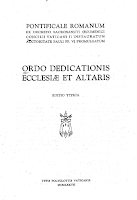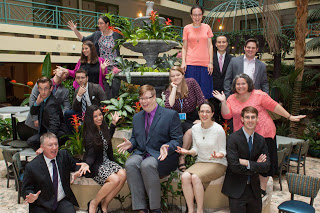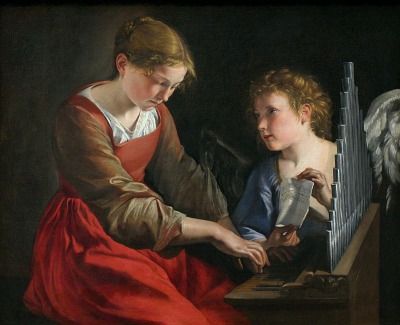One of the Christian denominations is struggling with rapidly decreasing attendance and involvement in parish life. What is the answer?
Some think–as I do–that the “silver bullet” for this and for many other problems in Church life is the widespread establishment of Children’s Choirs.
This is not difficult to do but there always seems to be a more important program. Like youth ministries that cater to young people but never ask them to share their gifts. Or like some catechetical programs that only scratch the surface of Catholicism, and from which young people “graduate” and leave the Church behind as well.
In a classical choir, young people are immersed in beauty and liturgy in a way that will not easily be forgotten. They come in contact with treasures of Scripture, set to music, deeply informing their young souls to be accustomed to the things of God.
A recent article argues the facts of the case:
Choirs represent a “massive opportunity” for churches, he argues. “If you want to have a vibrant church ministry, then music is a really easy win. Children are keen to be part of it, and there is still a lot of talent out there in terms of leadership; it just needs a little bit of money thrown at it.” Through its outreach programme, Cathedral Sing, the cathedral is working with thousands of children every year.
Most of the choristers at the cathedral come from unchurched families. The mother of one chorister baptised and confirmed last Easter is now exploring ordination; the parents of another were confirmed at the same time as their son’s baptism. “People come to the choir because they want music, but then subsequently find faith through that music,” he observes.
… He regrets the low expectations of children’s abilities. “Standards were so high, and people believed that children could achieve great things as musicians at an early age,” he explains. “Now, too many people dumb down music for kids. . . One school spent a whole term learning to sing “Amazing grace”, which is diabolical. You should be able to teach that in two minutes, and have them singing it from memory, frankly.”
… I get lots of requests saying: ‘We have an ancient choir: is there anything you can suggest?’ and I say, ‘Yes, create a children’s choir. “You need to find the money to pay someone to do it, and have enough money to resource it. If you don’t resource music in your parish, and have bad music, what do you expect is going to happen?”
Much, much more here.



